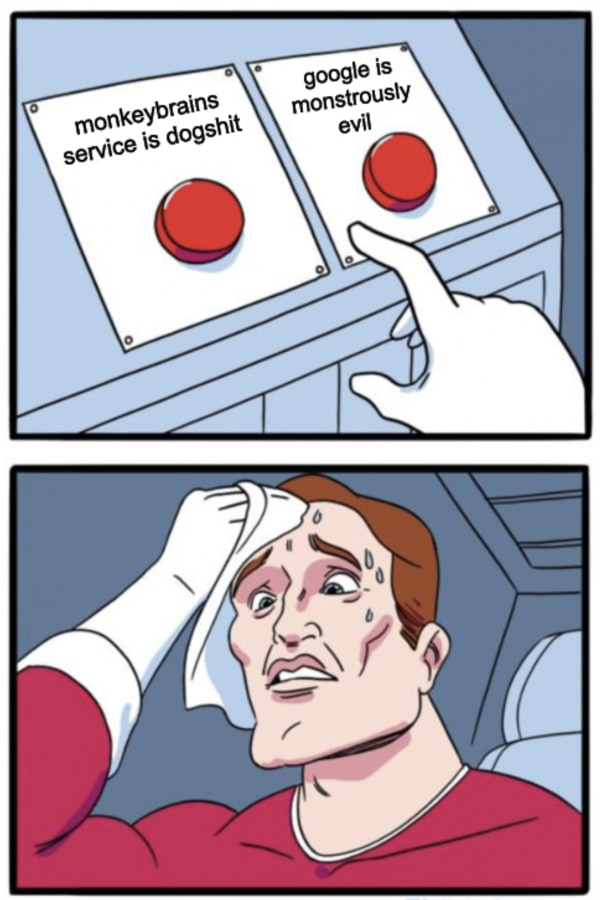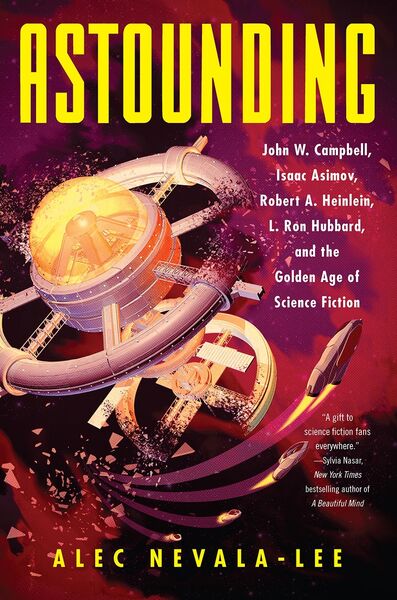The emotional rollercoaster of ADHD, now featuring Jannik Sinner
I’ve loved tennis for as long as I can remember. I was a kid when Boris Becker won Wimbledon for the first time, and I still remember the shock and thrill of it. Every summer, I’d watch the big tournaments—Wimbledon, the US Open—cheering for favourites, crying over finals, holding my breath through tiebreaks. Tennis has always been there in the background of my life.
But this past year? Something changed. I didn’t just watch the tournaments. I tripped and fell face-first into the tennis rabbit hole, and my ADHD brain never looked back.
Suddenly I wasn’t just watching finals—I was streaming early-round matches from obscure courts in the middle of the night. I was memorising ranking points, tracking players through Challenger events, and refreshing draw sheets like it was my job. What had been a familiar hobby became a full-blown hyperfixation.
And honestly? It makes perfect sense. Because tennis, as a sport, is practically tailor-made for the ADHD brain.
🧠 The ADHD Brain Craves Chaos (And Tennis Delivers)
People talk about ADHD like it’s a lack of attention—but really, it’s an avalanche of attention. A constant, restless hunger for stimulation. We don’t just want something to focus on—we want everything, all at once, right now.
Tennis is perfect for that. It’s always moving. Always shifting. There’s no off-season, just a weekly churn of tournaments: new cities, new surfaces, new stories. Matches run almost 24/7, thanks to international time zones and overlapping events. And my brain absolutely eats it up.
Some days I feel like I’m conducting an entire symphony of tennis in the background of my life. I’ve got live scores on the BBC site permanently open. I’m lurking in Discord servers, scrolling Tumblr, catching up on fan analysis, watching streams on one screen while doing something completely unrelated on another. If I can’t watch, I’ll listen—commentary in my ears while I work, drive, cook. I always want to know what’s happening, who’s playing, and what it means for the rankings.
And I’ve had so many favourite players over the years. McEnroe, Becker, Agassi, Hewitt, Ferrero, Ferrer, Henman, Rusedski, Nadal... names that marked different eras of my life. Right now? It’s Jannik Sinner. I’m a little bit feral about him, if I’m honest. His calm intensity, the way he’s grown, the narrative of it all. My brain has fully latched on.
Hyperfixation means I don’t just enjoy tennis—I need it. I collect every detail, chase every stat, build an emotional attachment to players’ arcs like they’re characters in an epic novel. I cheer like a maniac. I grieve their losses like personal heartbreaks. It’s deeply immersive, and deeply ADHD.
💥 The Joy of Feeling Everything
One of the secret superpowers of ADHD is intensity. When we love something, we love it big. It’s not casual; it’s not background noise. It’s a full-body, full-brain experience. And with tennis, that intensity finds the perfect outlet.
I get emotionally attached to players like they’re old friends. I follow their arcs, their interviews, their off-court stories. I root for the underdogs, the veterans on a comeback, the teenagers making their first deep run. I feel the drama of a five-setter in my bones. I get actual adrenaline spikes during match points. Sometimes I have to pause matches to pace around the room like a sports parent at a school final.
Tennis gives me endless narratives to invest in—rivalries, redemption stories, unexpected breakthroughs. And the sport’s natural unpredictability? Chef’s kiss. My ADHD brain thrives on that kind of emotional volatility. It's dopamine with a scoreboard.
🌀 …But Also, It Can Get a Bit Much
Of course, the flip side of hyperfixation is that it’s not always healthy. ADHD doesn’t really come with a dimmer switch. When I’m in it, I’m all in. And sometimes, that means I burn out.
I’ll watch twelve/thirteen hours of matches in a day (first day of Wimbledon there were TWENTY SEVEN matches I wanted to watch), forget to eat lunch, and then feel completely wiped out with post-slam emptiness when it’s all over. I’ll refresh pages and track rankings like my mood depends on it—and sometimes, it kind of does. There are days when I realise I haven’t listened to music or read a book in weeks because all my spare time is going to livestreams, stats, and press conference clips.
And when a favourite player loses—especially if it’s early, or unexpected—it can hit harder than it should. It feels silly sometimes, getting so upset about a sport. But hyperfixation doesn’t really care what’s “rational.” It’s real. The emotions are real.
There’s also the ADHD guilt loop: the moment I step back and go, Should I be this obsessed? Should I be more balanced? Should I care less? The truth is, I don’t always want to care less. But I do try to remind myself to pause. To breathe. To let myself step away when I need to. Because I know the cycle by now: fixation, immersion, burnout, reset.
💛 Letting It Matter
I’ve learned not to fight it anymore—this way my brain grabs hold of things and refuses to let go. My ADHD doesn’t always play by the rules, but it’s not broken. It’s wired for passion. For deep dives. For connection.
Tennis gives me structure and chaos at the same time. A rhythm that’s always changing. A story that’s never finished. It gives my brain something to build with—facts, feelings, routines, predictions. It’s comfort. It’s stimulation. It’s joy.
Yes, sometimes I have to pull back. Sometimes I have to take a breath and remind myself I don’t need to follow every match or know every stat. But other times? I lean in. I let myself feel it all. The wins, the losses, the late-night streams. The Tumblr memes and score-watching tabs and yelling into the void with strangers on Discord.
Because in a world that often tells neurodivergent people to be less, to be quieter, calmer, more contained—hyperfixation can feel like resistance. Like claiming joy on our own terms.
So yes, I am currently obsessed with Jannik Sinner. Yes, I do keep live scores open while working. Yes, I cry over matches and scream over fifth sets and watch tennis like it’s the greatest drama ever written.
And honestly?
It kind of is.

